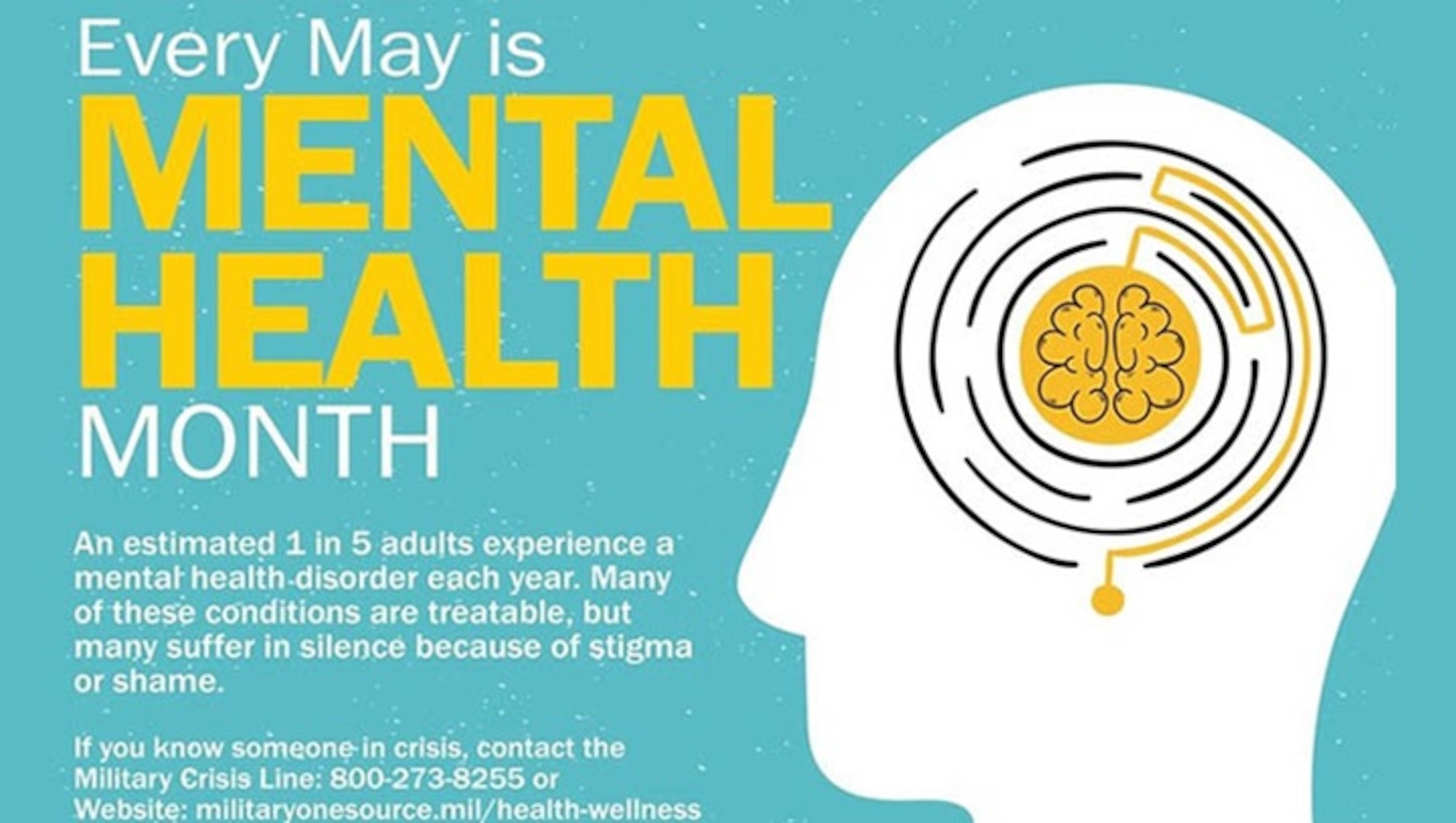What to Expect at an Inpatient Mental Health Facility for Healing
What to Expect at an Inpatient Mental Health Facility for Healing
Blog Article
Comprehensive Inpatient Mental Health Solutions for Effective Therapy
Inpatient mental health solutions stand for an important element of the healthcare system, providing a extensive and structured atmosphere for individuals experiencing severe emotional distress. These solutions use a multidisciplinary method, incorporating numerous evidence-based therapies to deal with the complex demands of individuals. However, the efficiency of such comprehensive care extends beyond prompt stabilization; it also encompasses the shift to outpatient assistance, a critical phase often overlooked. Exploring the subtleties of this continuum discloses substantial ramifications for both individual recuperation and wider mental health and wellness end results. What aspects really influence this change, and how can we boost its efficiency?
Understanding Inpatient Mental Health Providers
Inpatient mental health services supply vital support for people experiencing serious psychological distress that can not be managed successfully in an outpatient setup. These services are developed to provide an intensive level of care in an organized environment, commonly within a healthcare facility or specialized center. Clients confessed to inpatient programs commonly show acute signs and symptoms, such as suicidal ideation, serious anxiety, or psychosis, requiring day-and-night monitoring and treatment.
The admission process usually involves an extensive assessment by psychological wellness experts, that evaluate the individual's frame of mind, background, and immediate demands. As soon as admitted, patients take part in a range of healing modalities customized to their particular needs, including medicine management, private therapy, and group sessions. This all natural strategy intends to maintain the patient's condition, advertise security, and foster coping abilities.
Inpatient psychological wellness services not just address prompt wellness concerns yet additionally serve as a bridge to continuous treatment. By supplying a regulated atmosphere, these services facilitate the advancement of treatment plans that can be continued in outpatient setups, therefore guaranteeing a continuum of treatment and enhancing long-lasting outcomes for people with intricate mental health and wellness requirements.
Key Elements of Effective Therapy
Efficient therapy in inpatient psychological wellness solutions makes up numerous vital components that promote recuperation and stabilization. A comprehensive analysis is crucial to identify the individual's certain demands and difficulties. This analysis informs the advancement of a customized treatment strategy, which functions as a roadmap for intervention.
One more critical part is the multidisciplinary team approach. Collaboration among psychoanalysts, psycho therapists, registered nurses, and social employees guarantees that numerous viewpoints contribute to the person's treatment, enhancing the performance of therapy. Evidence-based healing methods, such as cognitive-behavioral therapy (CBT) and dialectical behavior treatment (DBT), are likewise important, providing structured techniques that resolve maladaptive thought patterns and behavioral issues.

Last but not least, an emphasis on aftercare preparation is vital to ensure a smooth transition to outpatient solutions, minimizing the threat of relapse and promoting long-term health. These cumulative elements create an efficient therapy structure within inpatient mental health and wellness solutions.
Advantages of Comprehensive Care

Extensive care in inpatient psychological health and wellness solutions offers he said numerous advantages that considerably enhance client outcomes. Among the key benefits is the holistic approach to therapy, attending to not just the emotional symptoms however likewise the physical, social, and psychological demands of people. This comprehensive assessment permits for tailored interventions that promote total health.
Another advantage is the assimilation of multidisciplinary teams, which cultivates collaboration amongst healthcare experts. This collaborative atmosphere makes certain that people obtain worked with care, lowering the threat of fragmented therapy and improving interaction amongst caregivers. In addition, thorough treatment assists in continuity of services, enabling for smooth transitions from inpatient to outpatient setups, which is essential for long-lasting recuperation.

Finally, the organized setting of thorough inpatient treatment offers a risk-free room for patients to take part in healing tasks, aiding them establish dealing approaches and resilience. Jointly, these advantages add to more effective therapy and improved quality of life for people experiencing mental health situations.
Evidence-Based Therapeutic Techniques
In the realm of mental health treatment, evidence-based restorative techniques play a critical role in guaranteeing that clients get reliable and clinically sustained interventions. These techniques incorporate the finest readily available research study with professional competence and patient worths, cultivating a customized therapy experience that deals with specific demands.
Cognitive Behavior Treatment (CBT) is one of the most widely identified evidence-based methods, focusing on determining and changing negative thought patterns and habits. This structured strategy has shown effectiveness in dealing with conditions such as ptsd, anxiousness, and anxiety. Dialectical Actions Therapy (DBT) is especially reliable for people with borderline character disorder, highlighting the development of psychological policy and interpersonal performance skills.
In addition, medicine administration is typically an essential part of evidence-based therapy, as psychotropic medicines can ease symptoms and improve overall functioning. Collaborative treatment models, which involve multidisciplinary groups, better boost the efficacy of inpatient services by making sure thorough analyses and continuous monitoring.
Ultimately, the assimilation of evidence-based therapeutic methods not just advertises favorable medical results however additionally empowers clients, promoting a feeling of agency and strength in their mental wellness journeys.
Transitioning to Outpatient Support
The shift from inpatient mental health and wellness solutions to outpatient assistance marks a crucial stage in a person's recuperation journey. This period requires cautious planning and sychronisation to make sure connection of treatment and to minimize the risks of relapse or dilemma. Efficient discharge preparation ought to begin early in the inpatient remain, including a multidisciplinary group that includes psychiatrists, psychologists, nurses, and social workers.
Secret elements of an effective transition consist of the growth of a thorough aftercare plan tailored to the person's certain demands. This plan should detail follow-up visits, drug management, and restorative interventions, along with identify neighborhood sources and support teams that can facilitate continuous recuperation.
Additionally, patient and family education and learning is crucial during this stage. Comprehending the indications of possible troubles and the importance of sticking to therapy can encourage people and their support group.
Regular follow-up and reassessment of the outpatient strategy are necessary to address progressing difficulties. By promoting a joint relationship between inpatient and outpatient providers, the possibility of sustained recovery increases, inevitably boosting the client's quality of life and minimizing the risk of readmission.

Conclusion
In recap, extensive inpatient psychological wellness services supply an essential structure for dealing with extreme emotional distress with a multidisciplinary strategy. Inevitably, such comprehensive treatment is vital for long-lasting mental wellness and wellness.
The admission process normally involves a comprehensive evaluation by psychological health specialists, that assess the person's mental state, background, and instant demands.Effective therapy in inpatient psychological wellness services consists of a number of crucial parts that promote recovery and stabilization.Detailed useful link care in inpatient mental health solutions provides numerous benefits that substantially enhance patient end results.The transition from inpatient psychological wellness services to outpatient assistance notes an important phase in an individual's recuperation trip.In summary, comprehensive inpatient mental wellness solutions offer an essential structure for resolving serious mental distress with a multidisciplinary method.
Report this page